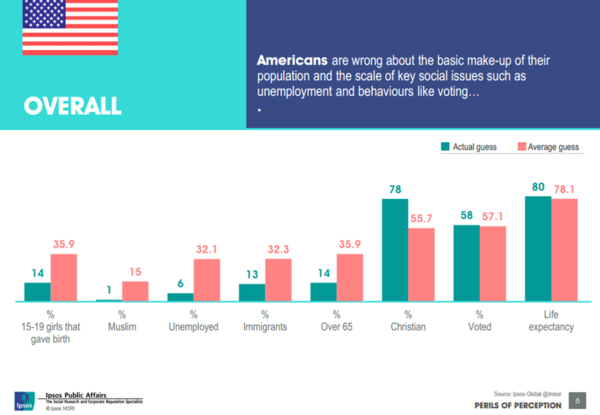Unlike the manipulated quotation above, the actual quotation on page 261 of Obama's autobiography, “Audacity of Hope,” is as follows: “Of course, not all my conversations in immigrant communities follow this easy pattern. In the wake of 9/11, my meetings with Arab and Pakistani Americans, for example, have a more urgent quality, for the stories of detentions and FBI questioning and hard stares from neighbors have shaken their sense of security and belonging. They have been reminded that the history of immigration in this country has a dark underbelly; they need specific reassurances that their citizenship really means something, that America has learned the right lessons from the Japanese internments during World War II, and that I will stand with them should the political winds shift in an ugly direction.”
Alan: American "conservatives" are both reprehensible and diabolical in the way they play loose with Truth. They immediately indulge bald-faced falsehood whenever mendacity might further their short-term goals. This antinomianism is rooted in the widespread religious and theocratic belief that God's Truth is so transcendentally important that we "mere mortals" not only can - but must - lie in "his" defense, as if any God worthy of the name needs human lies to protect "himself."
"Perils Of Perception" Study Reveals How Terribly Wrong Public Opinion Is
Study: Americans Don’t Know The Facts On U.S. Issues
Americans don’t have their facts straight. At least that’s the conclusion of a new study from the research group Ipsos-MORI.
When it comes to the nation’s biggest issues, many Americans do not know the basics. They massively overestimate unemployment rates and the number of immigrants. They assume that the nation’s murder rate is rising, when in fact it’s falling.
It may not be the duty of Americans to know the numbers, but the result of what some call “political ignorance” could be huge when it comes to electing leaders.
Pollster Julia Clark of the non-partisan research group Ipsos-MORI spoke with Here & Now’s Robin Young about the study and what it means.
- Want to test your knowledge? Take the quiz from Ipsos-MORI here.
Guest
- Julia Clark, pollster at Ipsos-MORI. She tweets @PollsterJulia.
Copyright 2014 NPR. To see more, visit http://www.npr.org/.9(MDAxODM1Njk5MDEyMTY5MDg4MzEyOTc5Ng004))
9(MDAxODM1Njk5MDEyMTY5MDg4MzEyOTc5Ng004))


No comments:
Post a Comment